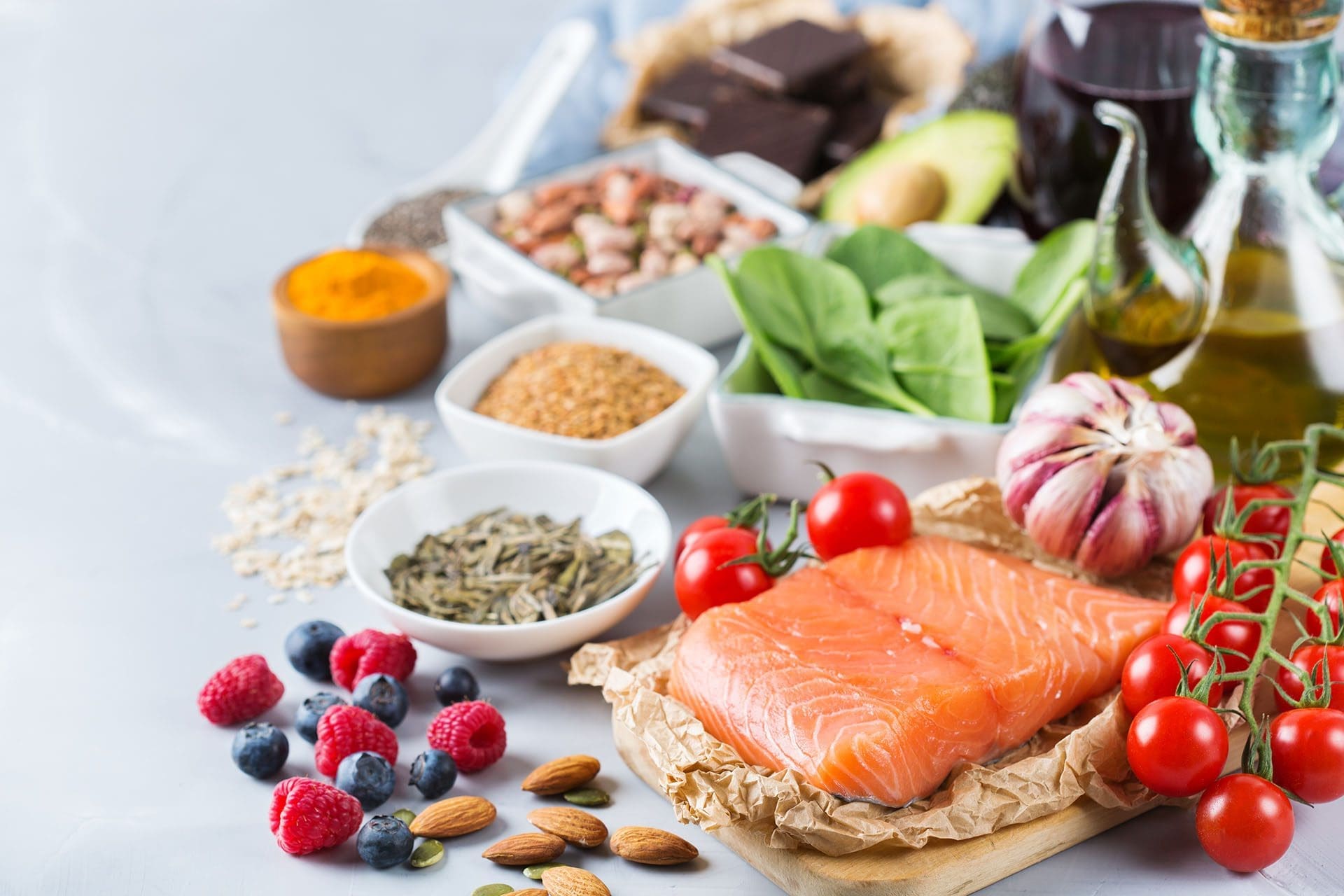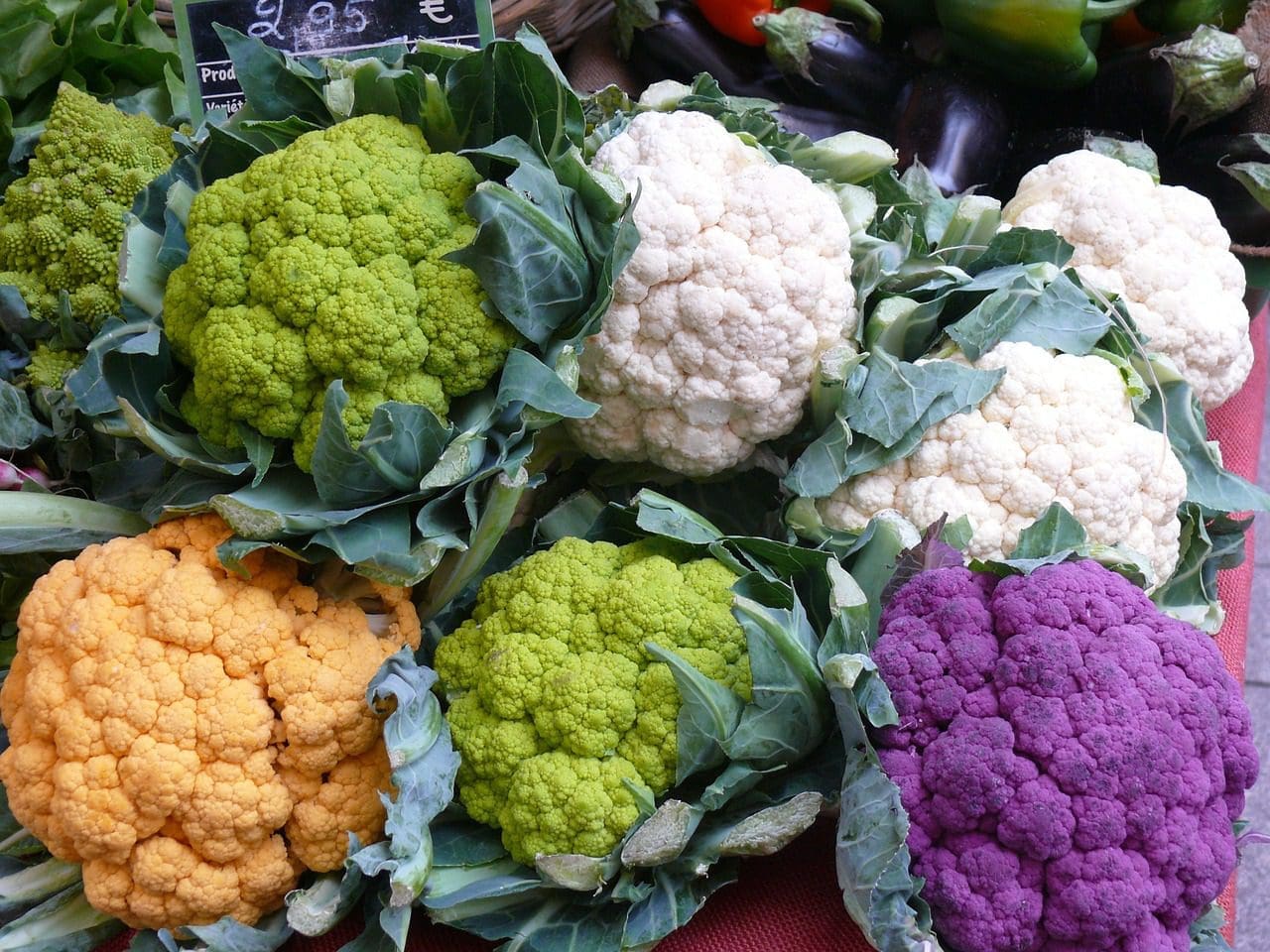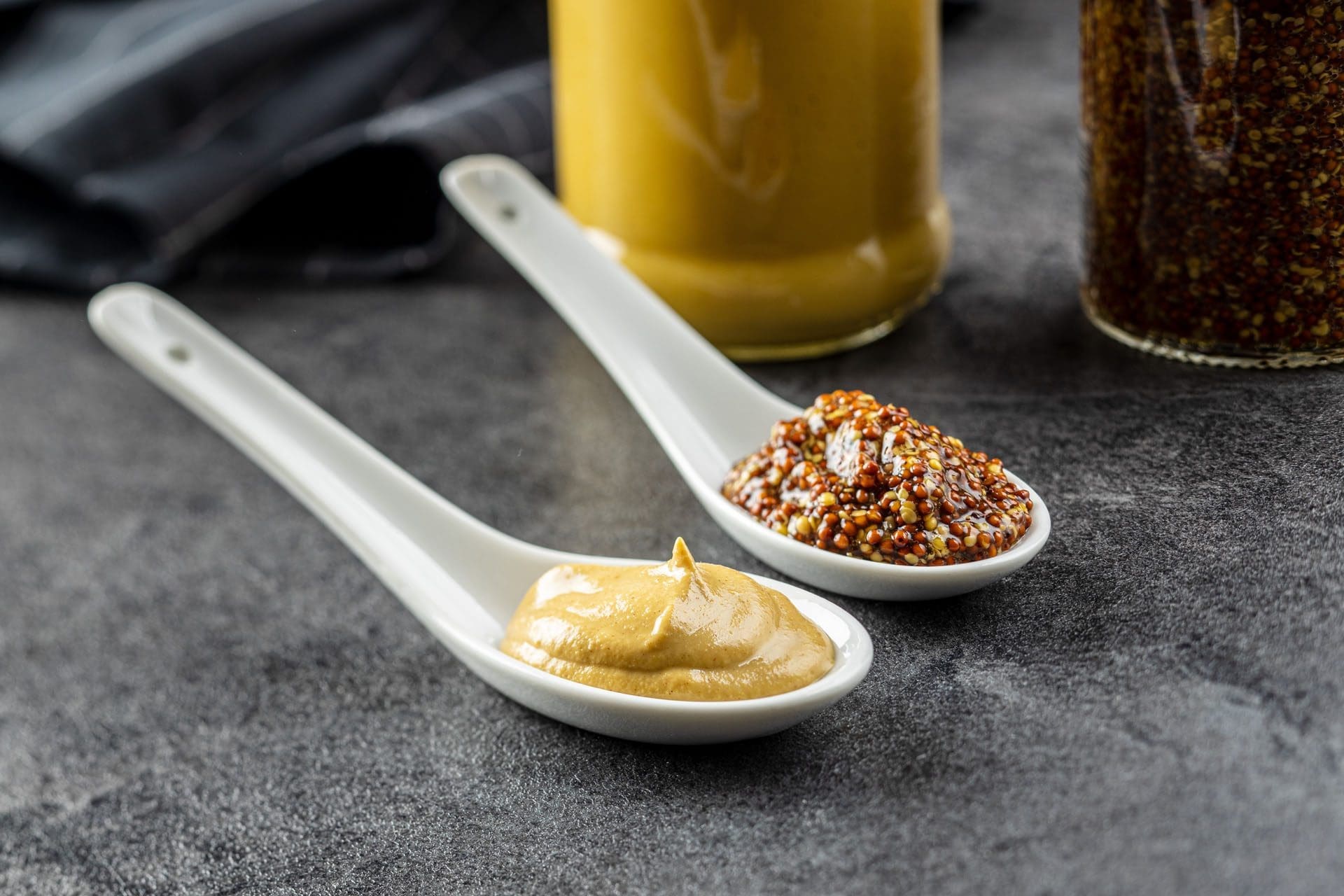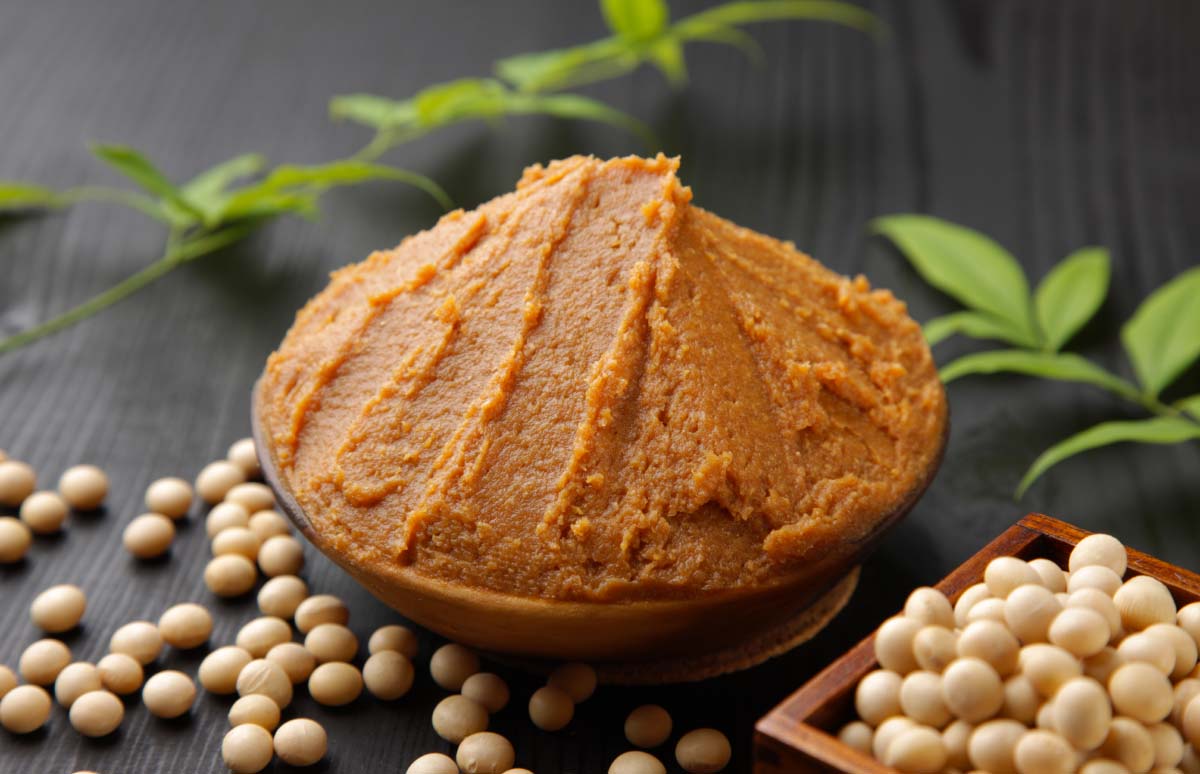Embracing an Anti-Inflammatory Diet for MVA Recovery at ChiroMed – Integrated Medicine

At ChiroMed – Integrated Medicine in El Paso, TX, we believe in holistic healing that addresses the root causes of health issues. For individuals recovering from motor vehicle accidents (MVAs), inflammation can slow healing and lead to chronic pain. An anti-inflammatory diet, combined with our integrative care, can reduce inflammation, support recovery, and lower the risk of long-term health problems. This approach aligns with our mission to provide personalized, patient-centered care.
An anti-inflammatory diet focuses on foods that combat inflammation, a natural response that can become harmful if chronic. Chronic inflammation is linked to conditions like arthritis, heart disease, and diabetes, which can worsen MVA-related injuries (Johns Hopkins Medicine, 2023). By incorporating foods rich in omega-3 fatty acids, antioxidants, and polyphenols, you can neutralize harmful free radicals—unstable molecules that damage cells—and modulate your body’s inflammatory response (Health.com, 2023). At ChiroMed, our nutrition counseling includes guidance on these foods to enhance your recovery.
Key foods in this diet include fatty fish (salmon, tuna), leafy greens (spinach, kale), berries, nuts, olive oil, and spices like ginger and turmeric. Omega-3s in fatty fish reduce inflammatory proteins, aiding tissue repair after an MVA (Verywell Health, 2023). Leafy greens and berries, packed with antioxidants, protect against oxidative stress, which can delay healing (BBC Good Food, 2023). Nuts and olive oil provide healthy fats that mimic the pain-relieving effects of medications like ibuprofen (London Pain Clinic, 2023). Turmeric’s curcumin and ginger’s compounds further reduce inflammation, supporting joint and muscle recovery (IntechOpen, 2020). Our team at ChiroMed helps you incorporate these foods into your daily meals to accelerate healing.
Adopting this diet is simple with ChiroMed’s support. We recommend small changes, like adding salmon to your weekly menu or using olive oil in cooking. These steps can reduce swelling, ease pain, and promote tissue repair, complementing our chiropractic and rehabilitation services. Research shows that such a diet lowers chronic disease risk, making it a vital part of long-term wellness post-MVA (GoodRx, 2023).
References
BBC Good Food. (2023). Top 10 anti-inflammatory foods. https://www.bbcgoodfood.com/health/special-diets/top-10-anti-inflammatory-foods
GoodRx. (2023). Anti-inflammatory diet: What to eat and avoid. https://www.goodrx.com/well-being/diet-nutrition/anti-inflammatory-diet
Health.com. (2023). 13 foods that fight inflammation. https://www.health.com/mind-body/13-foods-that-fight-inflammation
IntechOpen. (2020). Curcumin as an anti-inflammatory agent. https://www.intechopen.com/chapters/75226
Johns Hopkins Medicine. (2023). Anti-inflammatory diet. https://www.hopkinsmedicine.org/health/wellness-and-prevention/anti-inflammatory-diet
London Pain Clinic. (2023). Nutrition for pain management. https://www.londonpainclinic.com/alternative/nutrition-for-pain-management/
Verywell Health. (2023). What is an anti-inflammatory diet?. https://www.verywellhealth.com/anti-inflammatory-diet-88752
Key Anti-Inflammatory Foods for MVA Recovery
At ChiroMed, we emphasize foods that support healing after an MVA. These nutrient-dense options reduce inflammation, ease pain, and strengthen your body, working hand-in-hand with our integrative treatments.
Fatty fish like salmon and tuna are rich in omega-3 fatty acids, which lower inflammation markers like C-reactive protein. Eating fish twice weekly can reduce joint stiffness and muscle soreness post-accident (Arthritis Foundation, 2023). Our nutritionists at ChiroMed can suggest easy recipes, like grilled salmon with kale.
Leafy greens, such as spinach and kale, offer vitamins A, C, and K, plus antioxidants that protect against cell damage. These nutrients reduce swelling in injured tissues, supporting chiropractic adjustments (Springer, 2023). Try adding spinach to smoothies for a quick boost.
Berries—blueberries, strawberries, and raspberries—contain anthocyanins, polyphenols that fight inflammation and aid tissue repair. Regular consumption may also lower heart disease risk, a bonus for overall health (Health.com, 2023). A handful of berries in yogurt is a simple addition to your diet.
Nuts like almonds and walnuts provide monounsaturated fats and antioxidants, reducing inflammation in just weeks (Paspapt, 2023). They’re a convenient snack for busy recovery schedules. Olive oil, with its oleocanthal, offers anti-inflammatory benefits similar to pain relievers, enhancing soft tissue healing (Cleveland Clinic, 2023). Drizzle it over salads or veggies for maximum effect.
Spices like ginger and turmeric are powerful allies. Curcumin in turmeric balances inflammatory pathways, while ginger eases pain (IntechOpen, 2020). Tomatoes and onions, rich in lycopene and quercetin, further support recovery by preventing excessive inflammation (NutritionFacts.org, 2023; Kuvings, 2023). Our naturopathic team can guide you in adding these to soups or teas.
These foods target free radicals and modulate immune responses, reducing inflammation that slows MVA recovery (Verywell Health, 2023). At ChiroMed, we integrate dietary plans with chiropractic care, acupuncture, and rehabilitation to optimize your healing journey.
References
Arthritis Foundation. (2023). Six foods for arthritis. https://www.arthritis.org/health-wellness/healthy-living/nutrition/healthy-eating/six-foods-for-arthritis
Cleveland Clinic. (2023). Endometriosis diet. https://health.clevelandclinic.org/endometriosis-diet
Health.com. (2023). 13 foods that fight inflammation. https://www.health.com/mind-body/13-foods-that-fight-inflammation
IntechOpen. (2020). Curcumin as an anti-inflammatory agent. https://www.intechopen.com/chapters/75226
Kuvings. (2023). Juice recipes to reduce inflammation. https://kuvings.in.th/en/blogs/recipe/juice-recipes-to-reduce-inflammation
NutritionFacts.org. (2023). Onions and tomatoes put to the test for osteoporosis. https://nutritionfacts.org/video/onions-and-tomatoes-put-to-the-test-for-osteoporosis/
Paspapt. (2023). 7 foods that fight inflammation. https://paspapt.com/7-foods-that-fight-inflammation/
Springer. (2023). Fruits and vegetables in health. https://link.springer.com/chapter/10.1007/978-3-031-76481-3_9
Verywell Health. (2023). What is an anti-inflammatory diet?. https://www.verywellhealth.com/anti-inflammatory-diet-88752
Dr. Alex Jimenez: Leading MVA Recovery at ChiroMed
Dr. Alex Jimenez, a cornerstone of ChiroMed – Integrated Medicine, brings over 25 years of experience as a chiropractor and family nurse practitioner to El Paso. Specializing in MVA recovery, he combines medical and chiropractic expertise to deliver holistic care. His approach, detailed on ChiroMed’s website (ChiroMed, 2023), focuses on healing injuries at their source, preventing chronic issues, and supporting legal processes for personal injury cases.
Dr. Jimenez employs a dual-scope diagnosis, blending chiropractic assessments with medical evaluations. This method identifies connections between injuries—like whiplash or spinal misalignment—and symptoms such as chronic pain or numbness (ChiroMed, 2023, LinkedIn). Using advanced imaging (X-rays, MRIs) and diagnostic assessments, he detects hidden issues like herniated discs, ensuring precise treatment plans tailored to each patient.
His unique skill set allows him to manage both medical care and legal documentation. As a nurse practitioner, Dr. Jimenez provides detailed reports for insurance claims or legal proceedings, easing the burden on patients (ChiroMed, 2023, Instagram). This dual role, praised in testimonials (ChiroMed, 2023, X), streamlines recovery while addressing practical needs.
Chiropractic care at ChiroMed, led by Dr. Jimenez, targets MVA injuries like whiplash and back pain. Spinal adjustments and soft tissue therapy restore alignment and reduce inflammation, complementing an anti-inflammatory diet (ChiroMed, 2023, Facebook). Integrative medicine, including acupuncture and nutrition counseling, addresses inflammation’s root causes, promoting natural healing. Patients often report improved mobility and energy, thanks to this comprehensive approach (ChiroMed, 2023, WhatsApp).
Dr. Jimenez’s care prevents long-term complications, such as chronic pain or arthritis, by tackling injuries early. His holistic methods, combining chiropractic, naturopathy, and rehabilitation, empower patients to recover fully and maintain wellness (ChiroMed, 2023). At ChiroMed, Dr. Jimenez is a trusted leader in MVA recovery.
References
ChiroMed. (2023). ChiroMed – Integrated Medicine. https://dralexjimenez.com/
ChiroMed. (2023). Dr. Alex Jimenez. https://www.linkedin.com/in/dralexjimenez/
ChiroMed. (2023). WhatsApp channel. https://www.whatsapp.com/channel/0029VaLL6qY3rZZiMGQ0S32u/364
ChiroMed. (2023). Facebook reel. https://www.facebook.com/reel/24240689962228572
ChiroMed. (2023). Instagram reel. https://www.instagram.com/reel/DMXxvgsiwAt/
ChiroMed. (2023). Twitter post. https://x.com/threebestrated/status/1947288030055678043
Chiropractic and Integrative Care for MVA Rehabilitation at ChiroMed
ChiroMed – Integrated Medicine offers a comprehensive approach to MVA rehabilitation, combining chiropractic care, nutrition, and integrative therapies to promote natural healing. Our El Paso clinic, led by Dr. Alex Jimenez, addresses a wide range of injuries, reduces inflammation, and prevents long-term complications, ensuring patients return to optimal health.
MVAs often cause injuries like whiplash, spinal misalignment, or soft tissue damage. Chiropractic care at ChiroMed uses spinal adjustments to realign the spine, relieving nerve pressure and reducing pain (ChiroMed, 2023). Soft tissue therapy targets strained muscles and ligaments, speeding recovery. These techniques work synergistically with an anti-inflammatory diet, which reduces swelling and supports tissue repair (ChiroMed, 2023, WhatsApp).
Our integrative approach tackles the root causes of injuries. Inflammation from MVAs can lead to chronic pain if untreated. Dr. Jimenez and our nutritionists recommend foods like fatty fish, berries, and turmeric to combat inflammation naturally, enhancing chiropractic outcomes (ChiroMed, 2023, Facebook). Acupuncture and naturopathy further reduce pain and improve blood flow, supporting holistic healing.
Preventing long-term complications is a priority. Untreated MVA injuries can result in arthritis or reduced mobility. ChiroMed’s rehabilitation programs, including core-strengthening exercises and posture training, stabilize the body and prevent these issues (ChiroMed, 2023, Instagram). Advanced imaging ensures no injury goes undetected, allowing early intervention.
Patients at ChiroMed benefit from a comfortable clinic environment and licensed therapists who collaborate with other health practitioners (ChiroMed, 2023). Our personalized treatment plans, praised in reviews (ChiroMed, 2023, X), combine chiropractic, nutrition, and rehabilitation to improve mobility, energy, and overall wellness. This approach empowers patients to recover fully and thrive post-MVA.
References
ChiroMed. (2023). ChiroMed – Integrated Medicine. https://dralexjimenez.com/
ChiroMed. (2023). WhatsApp channel. https://www.whatsapp.com/channel/0029VaLL6qY3rZZiMGQ0S32u/364
ChiroMed. (2023). Facebook reel. https://www.facebook.com/reel/24240689962228572
ChiroMed. (2023). Instagram reel. https://www.instagram.com/reel/DMXxvgsiwAt/
ChiroMed. (2023). Twitter post. https://x.com/threebestrated/status/1947288030055678043
Conclusion: Holistic Healing with ChiroMed’s Integrated Approach
At ChiroMed – Integrated Medicine in El Paso, TX, we combine an anti-inflammatory diet with chiropractic care and integrative therapies to support MVA recovery. Foods like fatty fish, leafy greens, berries, nuts, olive oil, and turmeric reduce inflammation, ease pain, and promote tissue repair. These dietary changes, guided by our nutritionists, complement our holistic treatments.
Dr. Alex Jimenez and our skilled team deliver personalized care, using dual-scope diagnosis, advanced imaging, and therapies like acupuncture and rehabilitation. This approach addresses injuries at their root, prevents chronic issues, and supports legal needs in personal injury cases. Our comfortable clinic and licensed therapists ensure a seamless recovery experience.
By embracing ChiroMed’s integrative care, you can recover from an MVA, reduce inflammation, and build a foundation for lasting wellness. Contact us at +1 (915) 412-6680 or [email protected] to start your journey to optimal health.
References
Arthritis Foundation. (2023). Six foods for arthritis. https://www.arthritis.org/health-wellness/healthy-living/nutrition/healthy-eating/six-foods-for-arthritis
BBC Good Food. (2023). Top 10 anti-inflammatory foods. https://www.bbcgoodfood.com/health/special-diets/top-10-anti-inflammatory-foods
ChiroMed. (2023). ChiroMed – Integrated Medicine. https://dralexjimenez.com/
ChiroMed. (2023). Dr. Alex Jimenez. https://www.linkedin.com/in/dralexjimenez/
ChiroMed. (2023). Facebook reel. https://www.facebook.com/reel/24240689962228572
ChiroMed. (2023). Instagram reel. https://www.instagram.com/reel/DMXxvgsiwAt/
ChiroMed. (2023). Twitter post. https://x.com/threebestrated/status/1947288030055678043
ChiroMed. (2023). WhatsApp channel. https://www.whatsapp.com/channel/0029VaLL6qY3rZZiMGQ0S32u/364
Cleveland Clinic. (2023). Endometriosis diet. https://health.clevelandclinic.org/endometriosis-diet
GoodRx. (2023). Anti-inflammatory diet: What to eat and avoid. https://www.goodrx.com/well-being/diet-nutrition/anti-inflammatory-diet
Health.com. (2023). 13 foods that fight inflammation. https://www.health.com/mind-body/13-foods-that-fight-inflammation
IntechOpen. (2020). Curcumin as an anti-inflammatory agent. https://www.intechopen.com/chapters/75226
Kuvings. (2023). Juice recipes to reduce inflammation. https://kuvings.in.th/en/blogs/recipe/juice-recipes-to-reduce-inflammation
London Pain Clinic. (2023). Nutrition for pain management. https://www.londonpainclinic.com/alternative/nutrition-for-pain-management/
NutritionFacts.org. (2023). Onions and tomatoes put to the test for osteoporosis. https://nutritionfacts.org/video/onions-and-tomatoes-put-to-the-test-for-osteoporosis/
Paspapt. (2023). 7 foods that fight inflammation. https://paspapt.com/7-foods-that-fight-inflammation/
Springer. (2023). Fruits and vegetables in health. https://link.springer.com/chapter/10.1007/978-3-031-76481-3_9
Verywell Health. (2023). What is an anti-inflammatory diet?. https://www.verywellhealth.com/anti-inflammatory-diet-88752







